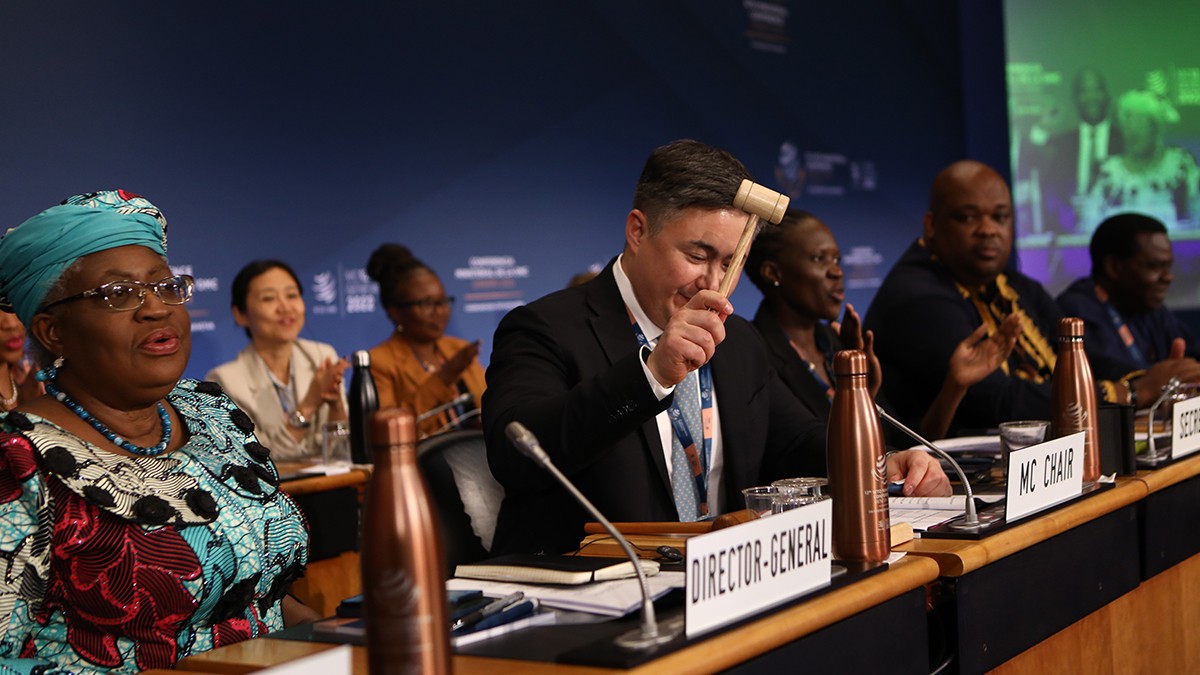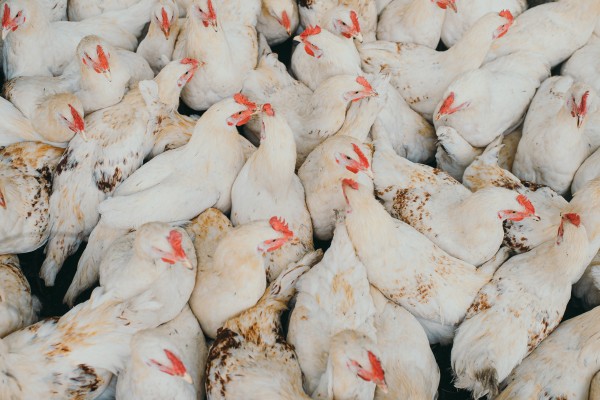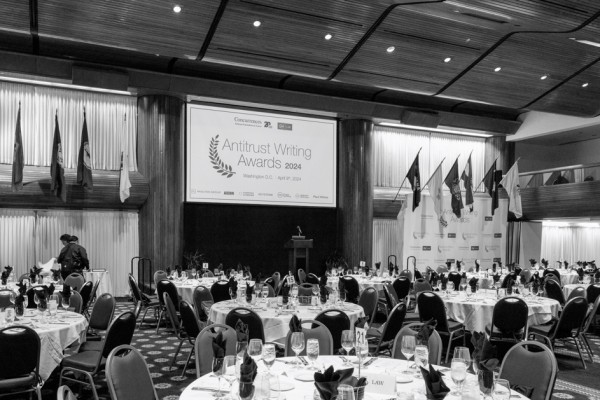The decision sparked controversy among experts and disappointment among humanitarian organizations, including Médecins Sans Frontières.
Members of the World Trade Organization (WTO) have agreed to partially revoke patent protection for COVID-19 vaccines for five years. Partial patent waiver should increase vaccine production in developing countries, as well as the ability to export such vaccines.
Now, in some cases, local pharmaceutical companies will be able to obtain permission to produce them from their own governments and will not have to seek the consent of the patent holder — this was partly possible before, but now such vaccines can be exported..
Since October 2020, both South Africa and India had been vocal in their demands to stop "vaccine apartheid" and to suspend the patents on vaccines and other goods related to the diagnosis and treatment of COVID-19, including tests and drugs for its treatment. The WTO decision, however, has been described by many as half-hearted.
The humanitarian organization Médecins Sans Frontières issued a statement in Geneva calling the proposed WTO agreement "inadequate."
"We are disappointed that a true intellectual property waiver, covering all COVID-19 medical tools and including all countries, could not be agreed upon, even during a pandemic that has claimed more than 15 million people’s lives",
said Christos Christou, the organization's international president.
According to Max Lawson, co-chairman of the People's Vaccine Alliance, a coalition of non-profit organizations that advocates for public access to vaccines, "the so-called compromise solution" reached at the WTO conference on the suspension of intellectual property rights "pretty much reaffirms the already existing right of developing countries to ignore patents in certain circumstances”.
“Put simply, it is a technocratic fudge aimed at saving reputations, not lives”,
said Max Lawson
The South African government welcomed the WTO agreement, adding that "to scale up the production on the continent, further partnerships will be needed including access to know-how and technologies”.
India’s Commerce and Industries Minister Piyush Goyal said the Trade-Related Aspects of Intellectual Property Rights (Trips) decision will boost vaccine equity and affordability.
“It will enable ease of authorisation for production of patented vaccines and India can produce for domestic requirements and exports,”
he said.
The world’s largest vaccine manufacturer by volume Serum Institute of India (SII) said while patent waivers for Covid vaccines are ‘encouraging’, their demand is declining.
Critics of the WTO agreement believe that abandoning patents would undermine innovation in the pharmaceutical industry.
In March, Mahima Datla, M.D., maker of Corbevax at Biological E, said while IP is not the only obstacle, the more serious obstacle is having infrastructure to make the vaccine and having trained manpower, among others.
This is the first time the WTO has temporarily lifted patents on vaccines, though in 2001 it set up a compulsory licensing mechanism for HIV treatments.
According to the WTO, 60% of the world's population has received two doses of the COVID vaccine, but there are glaring examples of injustice: only 17% have been vaccinated in Libya, 8% in Nigeria, and less than 5% in Cameroon.




